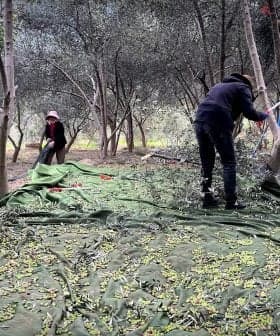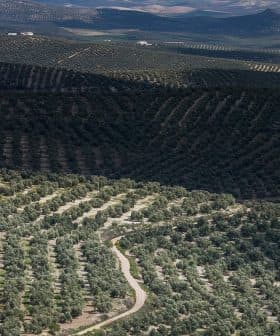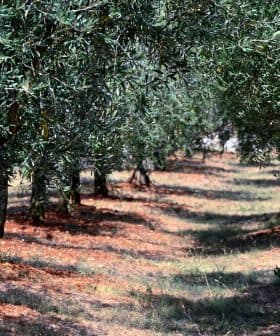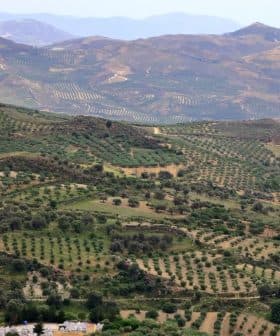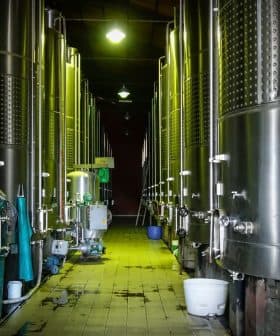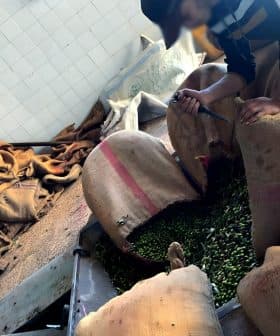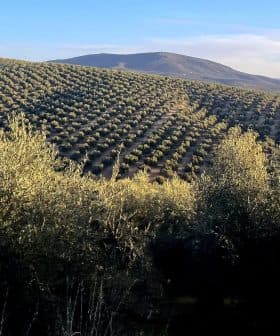Falling Olive Oil Prices Spark Concern in Spain
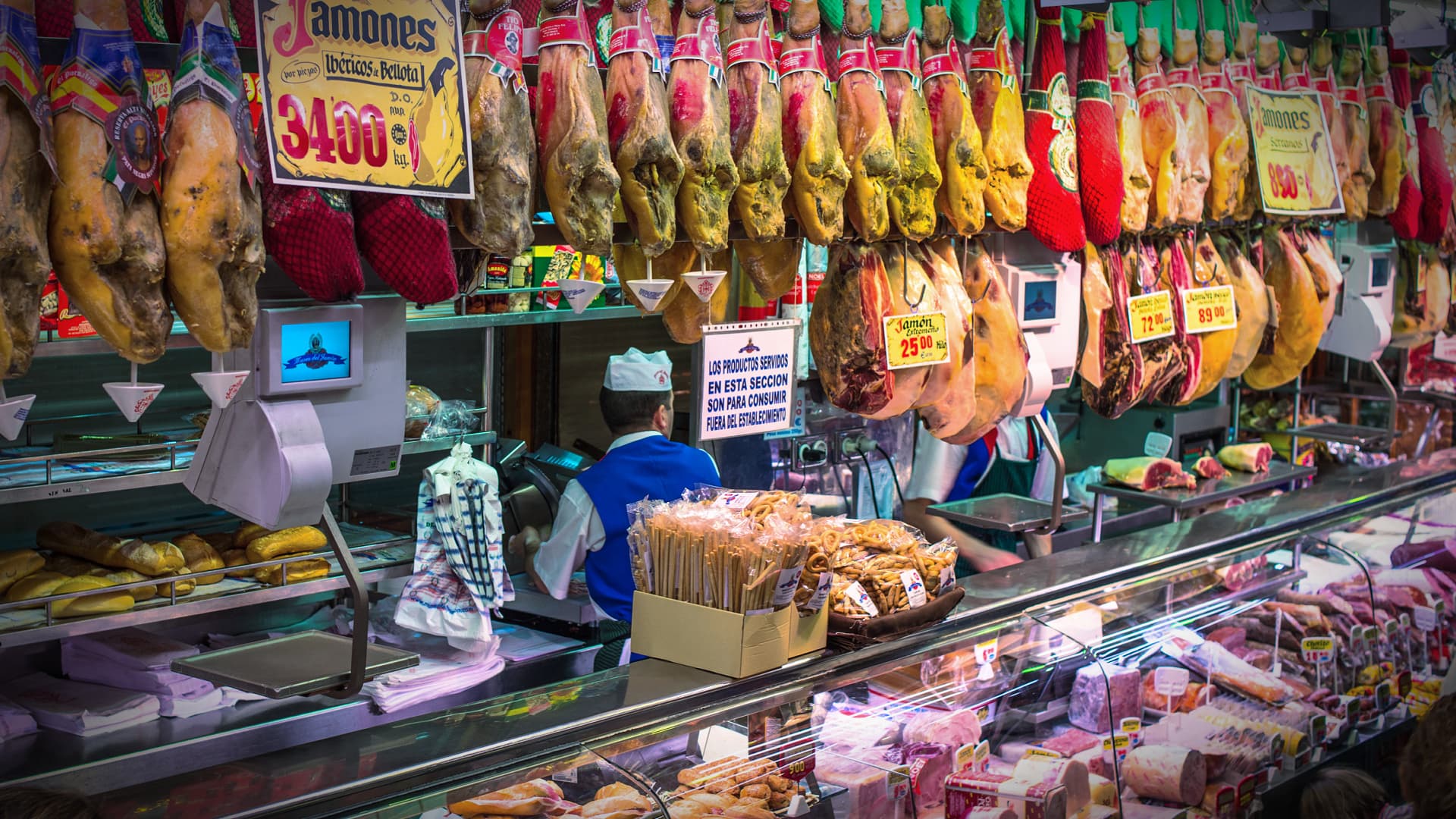
After reaching historic highs in 2023 and 2024, olive oil prices in Spain have returned to 2022 levels, with prices for all categories significantly lower. Despite concerns about market manipulation and speculative pricing, a rebound in production and a positive outlook for the upcoming harvest have led to a dramatic decline in prices, reflecting a natural balancing mechanism between supply and demand.
After two years of historic highs, olive oil prices at origin have returned to levels seen in 2022, according to the latest report from Spain’s Ministry of Agriculture, Fisheries and Food (MAPA).
“Prices for all categories are below the levels of the last two campaigns, with differences in extra virgin olive oil depending on the representative market,” the ministry wrote.
According to its data, extra virgin olive oil prices reached €349 per 100 kilograms in the 21st week of 2025, compared to €797 per 100 kilograms in the same week of 2024 and €606 per 100 kilograms in 2023. Prices for virgin, lampante and refined olive oil have declined by similar margins.
See Also:Discounted Olive Oil Offers in Italy Spark Concerns Over Quality, Fair PricingOlive oil prices in Spain increased significantly in 2023 and 2024, primarily due to historically poor harvests and rising production costs.
However, a wet winter and mild spring temperatures resulted in a significant production rebound in the 2024/25 crop year.
Despite recent developments, there is also a reasonably positive outlook for the upcoming harvest. Both factors are primarily responsible for the dramatic price decline over the past eight months.
Juan Vilar, the chief executive of olive oil and agricultural consultancy Vilcon, highlighted that pricing movements reflect the natural balancing mechanism between supply and demand.
“There has been an almost complete recovery in demand, which had plummeted due to the supply crisis of previous years,” he told Olive Oil Times. “The only mechanism that balances real demand with future supply expectations is pricing, which — when lowered — drives demand upward to absorb available supply.”
“This trend will continue until demand adjusts to production plus inventory levels, at which point, if supply becomes unsustainable, the only way to stimulate demand would be by reducing prices below the established threshold,” Vilar added.
However, the dramatic decline in prices has left some producers concerned about market manipulation and speculative pricing.
Spain’s Union of Small Farmers (UPA) and COAG have issued warnings that many producers entering an ‘off year’ in the natural alternate bearing cycle of the olive tree, combined with abnormally high temperatures and the emergence of pests in some areas, could impact the 2025/26 yield.
“The price decline doesn’t reflect market reality,” said Juan Luis Ávila, the head of olive oil at the Coordinating Committee of Farmers and Ranchers’ Organizations (COAG). “We are convinced that there are hidden agreements that are manipulating prices at source to harm farmers and benefit certain intermediaries. We don’t have the resources to prove what’s happening, but the evidence is clear.”
Additionally, UPA Granada secretary-general Nicolás Chica accused certain market operators of spreading overly optimistic projections about the upcoming harvest and driving down prices paid to farmers below the level of their costs.
“We can’t allow intentional messages about the future to be sent when we still have to wait to see how temperatures and the weather in general behave,” he said. “We already have experience from previous campaigns in which climatic anomalies caused us to suffer the worst harvests in history.”


